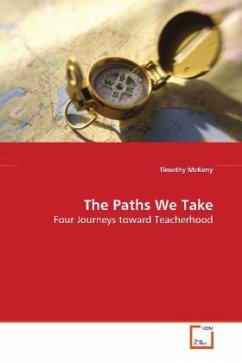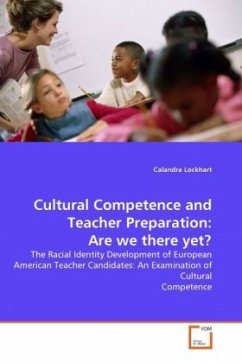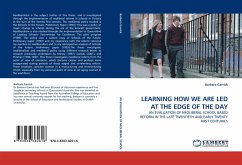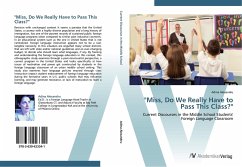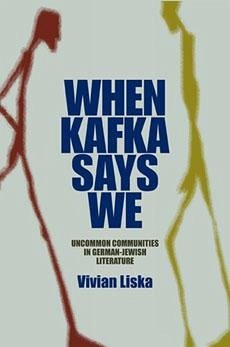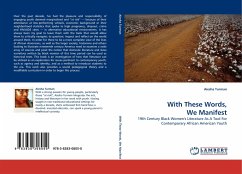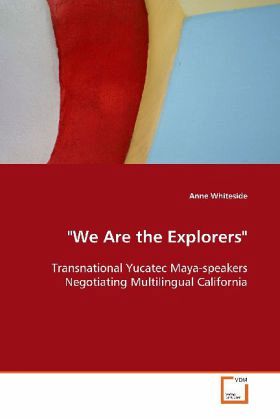
"We Are the Explorers"
Transnational Yucatec Maya-speakers Negotiating Multilingual California
Versandkostenfrei!
Versandfertig in 6-10 Tagen
52,99 €
inkl. MwSt.

PAYBACK Punkte
26 °P sammeln!
This qualitative study asks how Yucatec Maya-speakingimmigrants from Mexico are using their three languages, Maya,Spanish and English, across a variety of social contexts andneighborhoods in San Francisco, California. Treating language ascommunicative practice, the study looks at therelative value and meaning of these languages in public and privatespaces across the city. Qualitative data were collected frominterviews, participant observation, and case studies of four individuals.These include recorded multilingual interactions with shopkeepers,roommates,coworkers and clinic staff, which are e...
This qualitative study asks how Yucatec Maya-speaking
immigrants
from Mexico are using their three languages, Maya,
Spanish and
English, across a variety of social contexts and
neighborhoods in San
Francisco, California. Treating language as
communicative practice, the study looks at the
relative value and
meaning of these languages in public and private
spaces across the
city. Qualitative data were collected from
interviews, participant
observation, and case studies of four individuals.
These include
recorded multilingual interactions with shopkeepers,
roommates,
coworkers and clinic staff, which are explored using
Conversation
Analysis and frameworks from linguistic anthropology and
language socialization studies. Quantitative data on
patterns of language use were collected through a
language and
literacy survey of 170 adults, which was designed
and administered
by a team Maya-speakers and the author. These data
underscore
the
considerable linguistic resources of these
Yucatecans, many of
whom have
few years of formal schooling. The study challenges
language
educators to build on these resources, rather than on
limited academic foundations.
immigrants
from Mexico are using their three languages, Maya,
Spanish and
English, across a variety of social contexts and
neighborhoods in San
Francisco, California. Treating language as
communicative practice, the study looks at the
relative value and
meaning of these languages in public and private
spaces across the
city. Qualitative data were collected from
interviews, participant
observation, and case studies of four individuals.
These include
recorded multilingual interactions with shopkeepers,
roommates,
coworkers and clinic staff, which are explored using
Conversation
Analysis and frameworks from linguistic anthropology and
language socialization studies. Quantitative data on
patterns of language use were collected through a
language and
literacy survey of 170 adults, which was designed
and administered
by a team Maya-speakers and the author. These data
underscore
the
considerable linguistic resources of these
Yucatecans, many of
whom have
few years of formal schooling. The study challenges
language
educators to build on these resources, rather than on
limited academic foundations.



